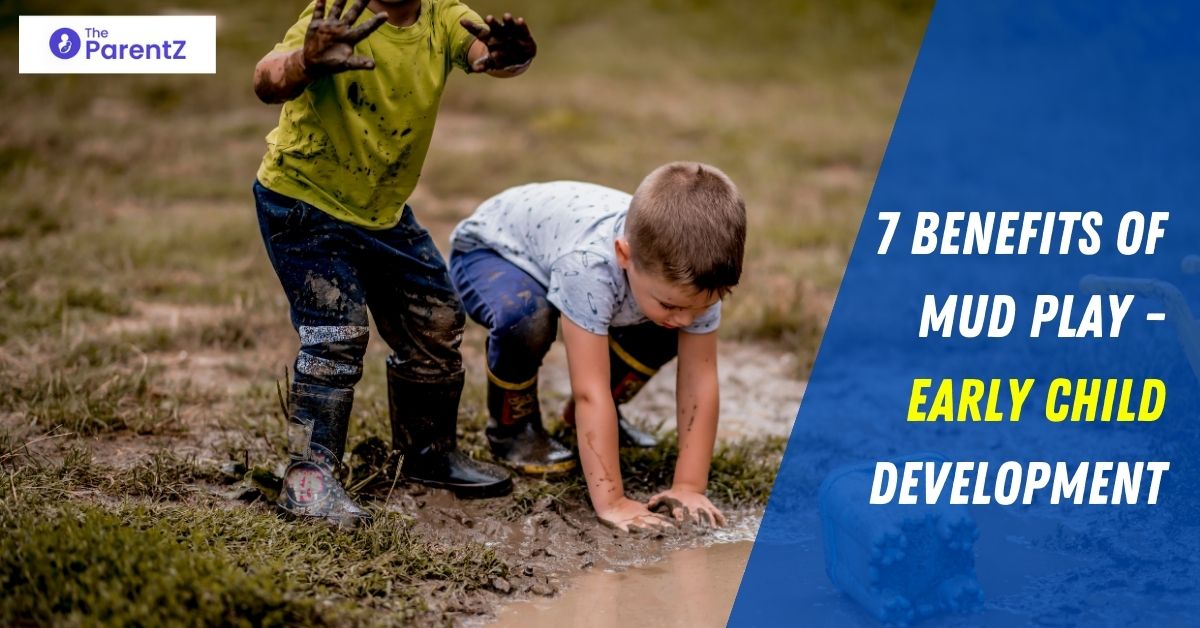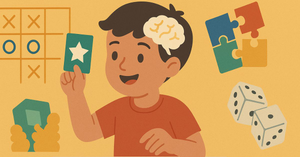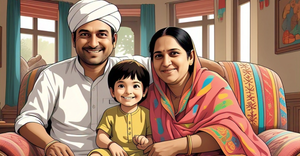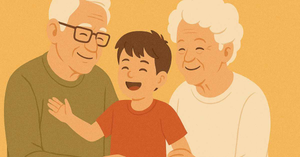The best thing parents can give their kids are not exotic vacations or fancy toys, but memories they can treasure for a lifetime to come. So what if it gets muddy and dirty?
Who doesn’t remember the joy of the first trickle of the rains after a scorching summer? We as kids would dart across our homes to get drenched, jump in a puddle of muck, watching our paper boats float in a tiny stream with wide wonder. Getting dirty in the mud, making mud pies and returning home covered head to toe in the mud? Oh the carefeee days of childhood. But are we guilty of robbing them away from kids?
Mud Play gives children a sensory experience. Research says sensory play builds nerve connections in the brain’s pathways, giving an impetus to child’s ability to do complex learning tasks. Mud Play reaps a bunch of benefits and gives an impetus to Physical, Emotional and Cognitive Development. Some of them are:
1. Builds Stronger Immune Systems:
A classic proverb says ‘You have to eat a pound of dirt before you die.’ Indeed the man who wrote this was very wise. Scientists claim that exposure to dirt, pets and everyday germs is good for the body. An exposure to dirt contributes to a stronger immune system, fewer allergies and risk of Asthma and aids in digestion too.
2. Unleashes Creativity:
You can give your kids a pathway for creative expression by engaging them in mud art. Give them a heap of wet mud, water in a vessel, chart papers and some paint brushes. Let them express their emotions through art, You can also encourage them to make mud sculptures, mud body painting or simply watch your little Picassos throw heaps of mud on a wall that is covered with a white cloth or covered with papers.
3. Develops Problem Solving-Skills
Bored of Tea parties and Pajama parties? Why not organize a mud party for kids and their friends. This encourages cooperative play and team work and solving problems. Kids learn communicating, negotiating and sharing.
4. Uses Fine and Gross Motor Skills
A mud kitchen (no stove, some vessels, lots of spoons and bowls) is a great place to learn life skills. A Mud Kitchen can offer ample of opportunity to introduce concepts like measuring and weighing as well as adding and removing thereby helping develop both gross as well as fine motor skills.
5. A friend in Need:
Children love to imitate. When engaged in an activity that gives them both freedom and a sensory experience, they pick up a lot of skills. Help translate these skills into their practical lives. Encourage them to take turns, help their peers do things, divide chores and share responsibilities eg. Lifting a heavy tub, pouring water from one vessel to the other. Thus they will learn how to seek support and reach out for help when needed by others.
6. If you are Happy and you know it!
An interesting study says that mud play and even dirt has a connection to the happy and pleasant moods of children. Mud Play and dirt contain microscopic bacteria called Mycobacterium Vaccae. This bacteria is responsible for increasing serotonin in our brains. Serotonin is responsible for having a positive effect on one’s emotional well-being and happiness.
7. Bonding with Mother Nature:
In an age where kids are obsessed with gadgets and the virtual world of video games, Mud play can help them stay attuned with the natural surroundings around them as well as make them sensitive towards the Environment.
Introduce them to the curiosity that comes with the planting of a seed, nurturing the tiny sapling plant and the joy of watching it grow.
Remember, Nature is the best teacher and the environment a wonderful classroom.








Be the first one to comment on this story.